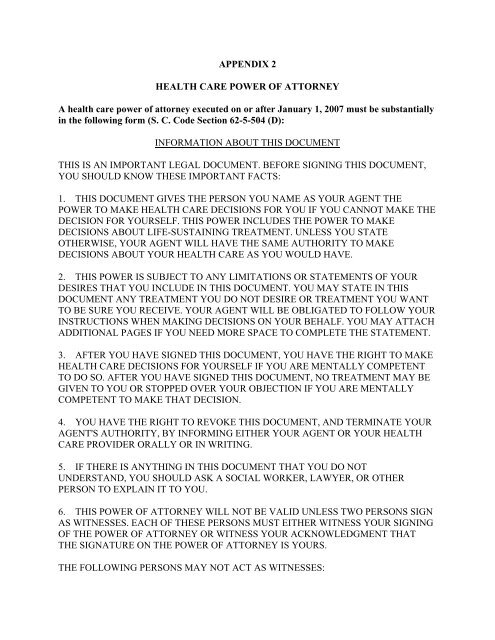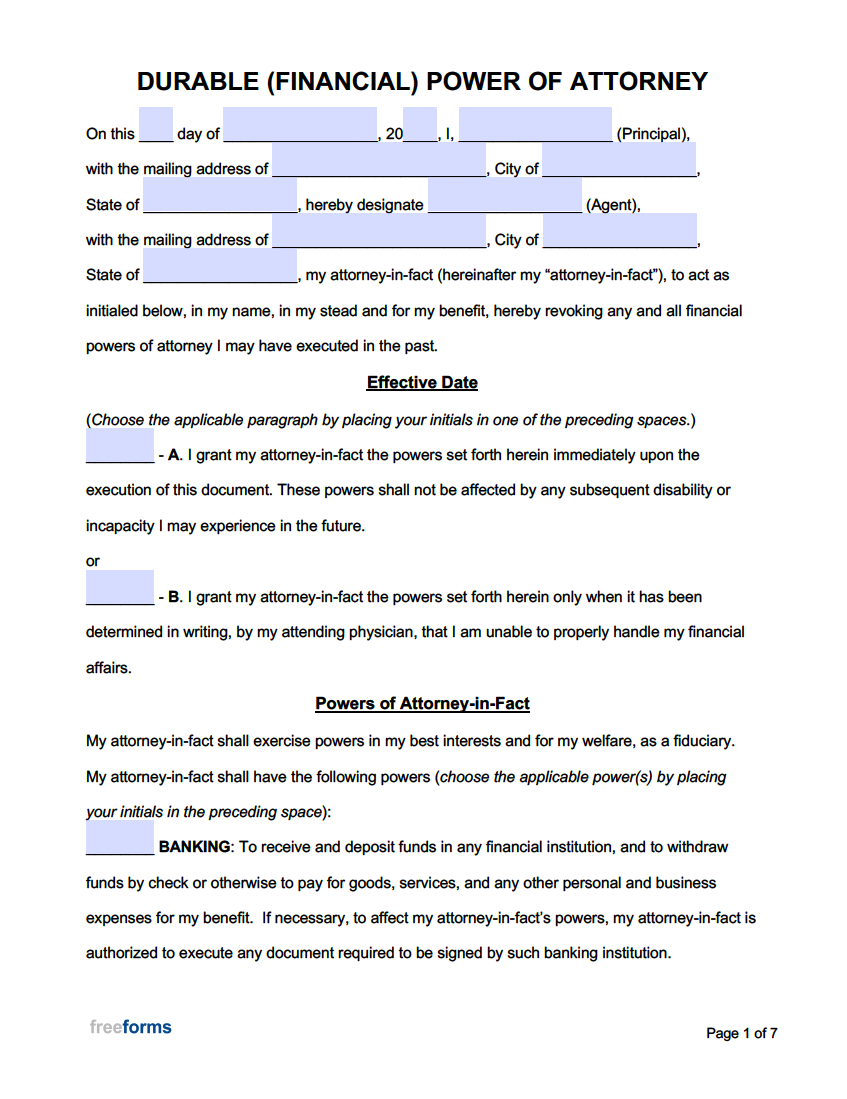

What kind of decisions can my agent make?.What are the things I want my health care agent to know?.The nine questions posed - and answered - are: The major change that instantly stands out is the newly styled ‘Notice’ to the individual signing (the ‘principal’), which includes a lengthy Q&A section (around 5 pages worth). to change agents), this statutory rewrite does not require that you amend your estate plan.Ģ.

Therefore, unless you don’t have a PAH or you want to change an existing PAH (e.g.

The first thing to know is that the statute includes a “savings clause” providing that the changes do not invalidate any PAH validly created prior to 2015. Existing PAH’s are grandfathered as valid. But here are 8 key provisions in the new law to know:ġ. The core purpose of the PAH - to designate an agent to make health care decisions for you when you are unable to make them for yourself - is unchanged. The statutory change was made at the urging of the Illinois State Medical Society (ISMS), which argued that the existing form “is confusing and uses too much technical language” and “requires college-level English proficiency to understand.” The new form is intended to be written at ‘8th’ and ’10th’ grade levels. The form itself has been renamed ‘My Power of Attorney for Health Care’ (no reference to Illinois) and reformatted partly in a Q&A style intended to look less like a legal document.

On August 26, 2014, Governor Quinn signed Senate Bill 3228 ( read here), amending the Illinois Power of Attorney for Health Care statute, effective January 1, 2015. Apparently, the legislature had second thoughts about the July 2011 rewrite because they’ve yet again rewritten the Illinois statutory form PAH. It seems like just yesterday that I was revising our forms and explaining the brand-new ‘Illinois Statutory Short Form Power of Attorney for Health Care’ (“PAH”).


 0 kommentar(er)
0 kommentar(er)
